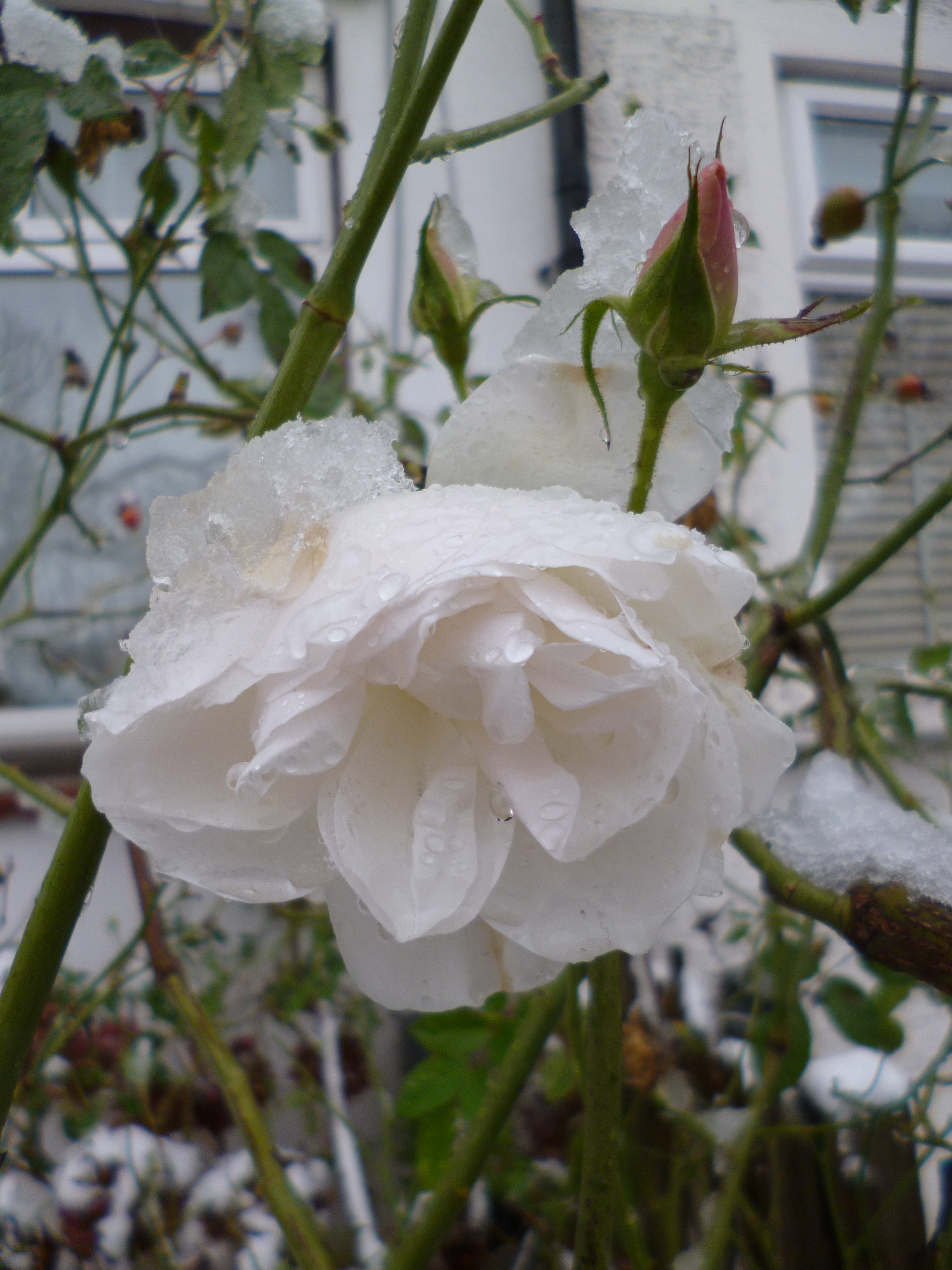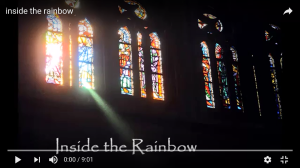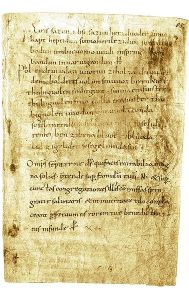Hinter dem Olivenbaum
Noch hemmen Frost und Nebel allzulang
den bunten Garten,
und fast verstummt der volle Vogelsang,–
noch muß ich warten.
Im Süden werd’ ich keinen Schnee mehr sehn,
bloß weiße Rosen,
die meine Lippen, wenn sie mannshoch stehn,
verstohlen kosen.
Einst wird mir hinter dem Olivenbaum
Oleander prangen,
und Blumenfluten streifen wie ein Saum
die warmen Wangen…
Christina Egan © 2017
The woman or man surrounded by frost, fog, and snow dreams of a future where she or he will kiss white roses and be caressed by oleander… The encounter with the plants is envisaged like an assignation behind a tree, an olive-tree as a symbol of the Mediterranean region.
Photograph: Christina Egan ©2017.



